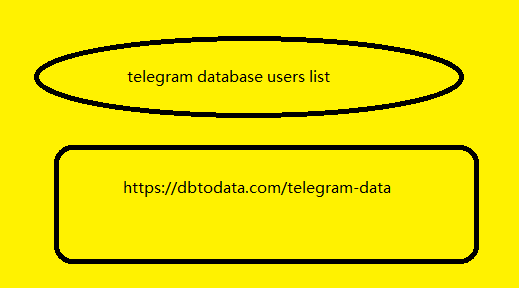What are the duties of a general accountant ? What is the role of a general accountant in an organization or business? MISA MeInvoice would like to provide information related to the profession of general accountant.
Note: Before learning about general accounting, you can learn what accounting is and the general work of accounting.
See more: What is accounting ? Things to know about the accounting profession
Table of Contents Hide
1. What is general accounting?
2. Work and duties of a general accountant
Daily work of general accountant
2.2. Monthly work
2.3. Quarterly tasks
2.4. Annual tasks
3. What skills are required for a general accountant?
4. Qualification requirements
5. What knowledge does a general accountant need?
6. Common difficulties
7. Is general accounting internal accounting?
Conclusion
1. What is general accounting?
What is general accounting?
The general accountant is responsible for recording
evaluating and generally compiling data and figures on accounts, books and financial reports based on the business’s value indicators.
In other words, the general accounting hong kong telegram data department is the department that is responsible for everything from detailed data to summary data on the accounting books. Therefore, this is the department that plays a key role in helping businesses and organizations accurately solve financial problems.
See more: What is a general ledger ? Some general ledger samples
Work and duties of a general accountant
General accounting plays a very a short tutorial target-seoeveryone wants important role in a business, because this job requires comprehensive coverage from the stage of collecting and processing data on daily accounting documents to the stage of preparing financial b2b fax lead statements and tax reports every month, quarter, and year. The following are the main tasks of a general accountant:
Daily work of general accountant
– Collect, compile, store and process accounting data and figures on arising accounting documents.
– Prepare receipts, payment vouchers, delivery vouchers, warehouse receipts, sales invoices, etc. at the time of transaction, avoiding delays leading to mistakes and omissions in fund matching or daily inventory checking, etc.
– Enter data into cash book, deposit book and other relevant books.
– Check the validity of invoices and documents before entering them into accounting books.
2.2. Monthly work
– Control and monitor supplier and customer debts.







